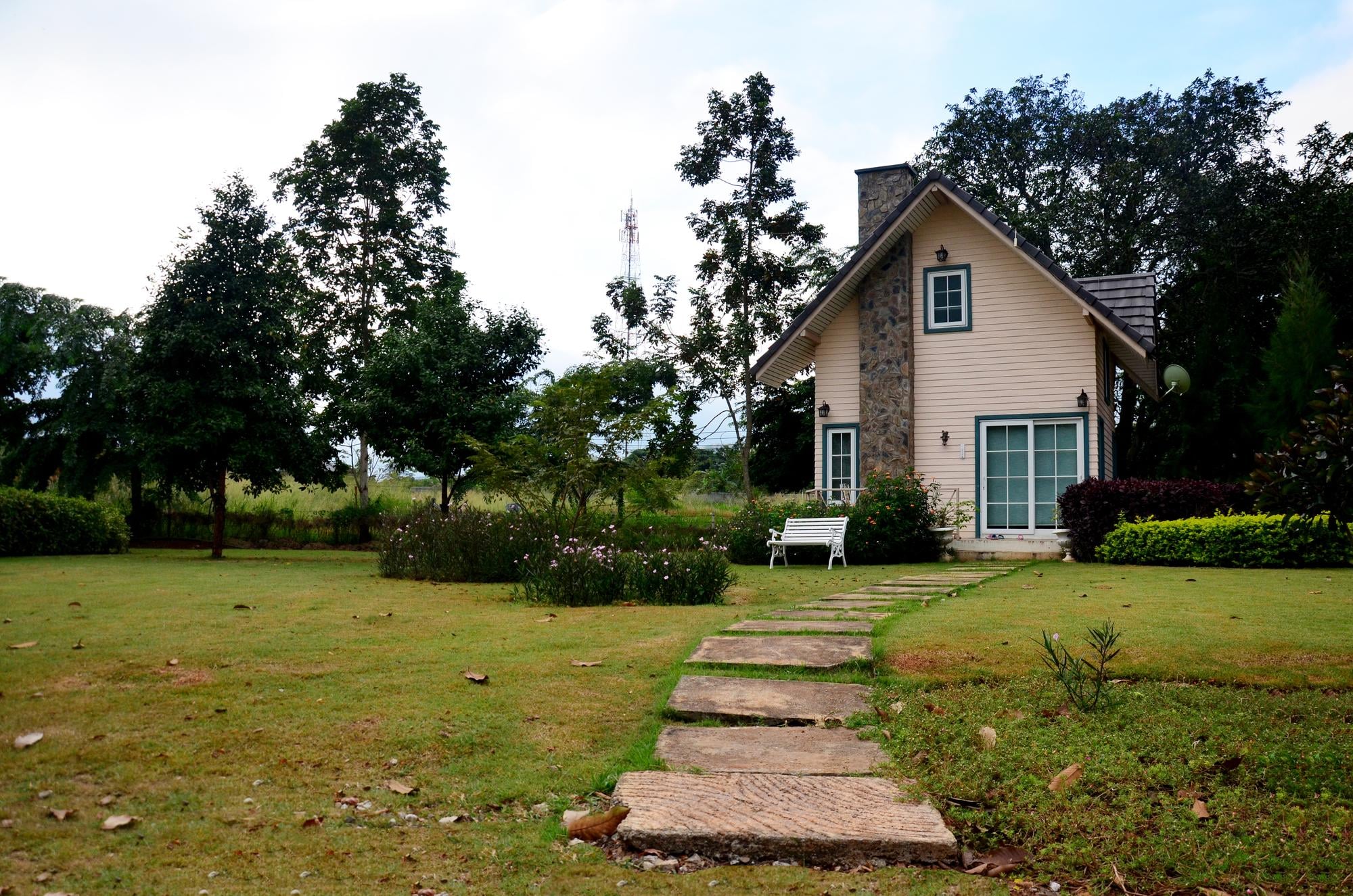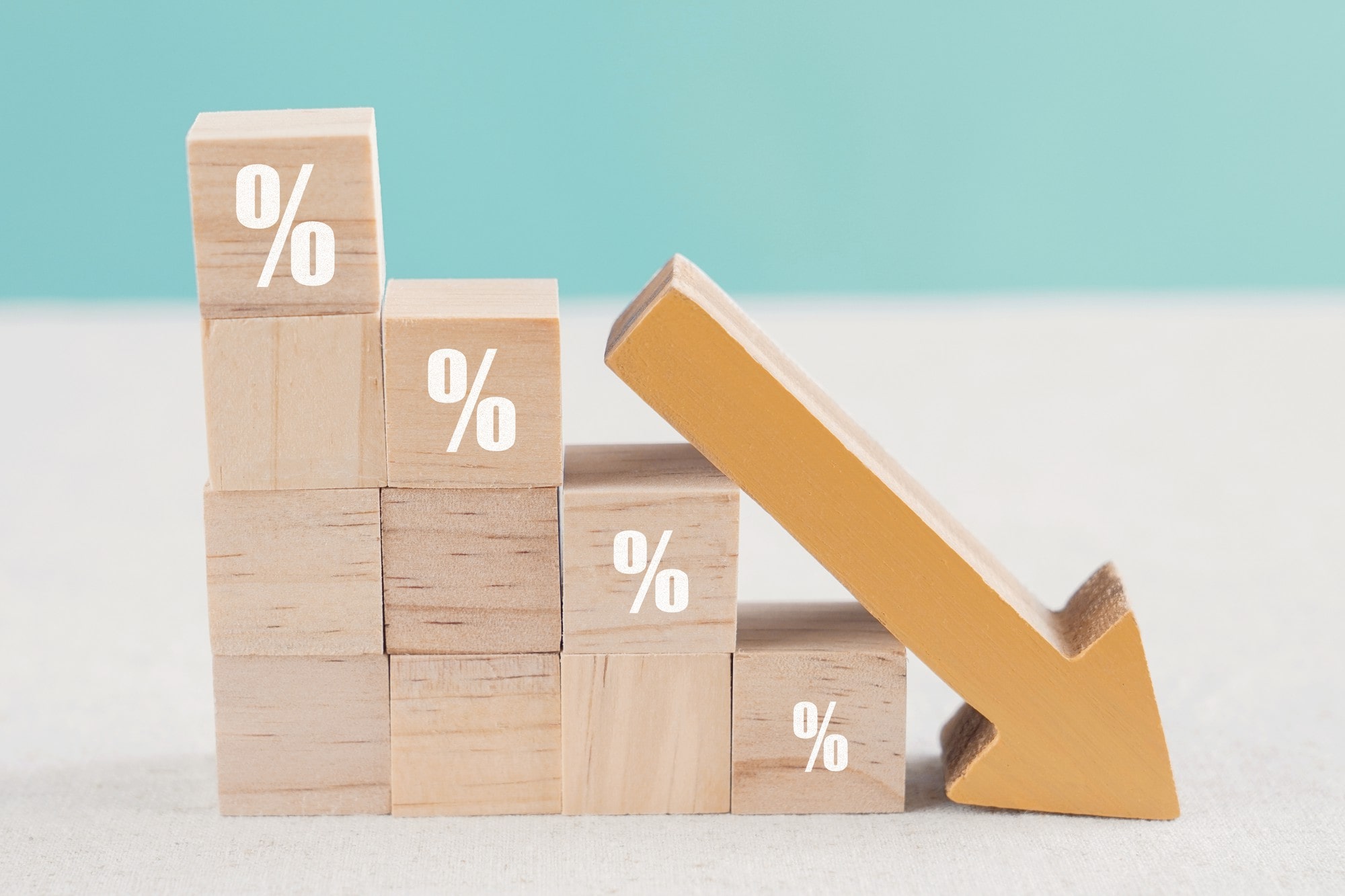Closing Costs in North Carolina

With the U.S. median home price nearing $400,000, according to the National Association of Realtors, it is clear that buying or selling real estate represents one of the most critical financial transactions that most will ever have. Closing costs are an intrinsic part of these transactions, involving fees and taxes that add up to a total of 5 percent of the loan amount.
When it comes to closing costs, different states can have huge disparities, but North Carolina is relatively cheap. According to data from CoreLogic’s ClosingCorp, the average closing cost in North Carolina is only 1.1 percent of the sale price. That is a steal compared to states like Pennsylvania, averaging 4.3 percent in closing costs, or even its neighboring state of Virginia, averaging 1.7 percent.
Having decided to buy or sell a house it is important to be aware of the Closing Costs in North Carolina.
How Much Are Closing Costs in North Carolina?
In North Carolina, closing costs vary depending on the purchase price of a house. Based on Redfin, the selling price for a single-family home was at the median sales price of $361,000 in April 2023. Assuming the average closing cost is approximately 1.1 percent of the sale, then that would equate to about $3,971 in total. According to CoreLogic, this percent includes certain typical closing costs such as lender’s and owner’s title policies, appraisal, settlement, recording fees, and transfer taxes. It doesn’t include other typical costs, such as escrow charges, agent commissions, and optional mortgage points.
Because closing costs are often calculated according to the sales price of a home, what you’re required to pay could differ significantly based on your local market. For example, in Mount Airy, with a median sale price of $215,000, your closing costs would be about $2,365. However, that jumps to roughly $4,400 in hot cities such as Charlotte and Raleigh, where median prices push just below the $400,000 mark. If you’re eyeing a seaside home in Kure Beach, with a median sale price of $839,500, be prepared to pay upwards of $9,000 in Closing Costs in North Carolina.
In North Carolina, both the buyer and seller cover certain costs when closing on a house. Typically, the seller pays a bigger amount because they’re responsible for the real estate agent’s commission. Buyers handle other expenses like loan origination fees and transfer taxes.
Some of these costs can be negotiated between the buyer and seller, although taxes set by the state or local government are fixed and can’t be changed. The balance of who pays what can shift depending on the housing market’s condition. For instance, in a buyer’s market, sellers might end up paying some of the buyer’s closing costs to close the deal. In addition, closing costs vary significantly depending on the price and location of the home you are selling, as well as the transaction complexity.
What are the average Closing Costs for Sellers in North Carolina?
These numbers are based on the average home price in NC, which stands at $354,667
In North Carolina, the housing market continues to demonstrate strength. The average home value has reached $354,667 as of February 29, 2024. For homeowners looking to sell, it’s important to note that seller closing costs in North Carolina generally amount to about 8% to 10% of the selling price. This percentage includes various fees and expenses that are finalized during the closing of a real estate transaction.
- Recording Fees – $600
- Transfer Tax – up to $700
- Buyer Incentives – $7000
- Realtor Commission 5-6%
- Mortgage payoff – varies
- Title Service Fees – up to $900
- Excise Tax – varies
What are the average Closing Costs for Buyers in North Carolina?
Usually, home buyers typically fork out an average of $3,5K for these costs necessary for finalizing the purchase and homeownership. The exact amount can still vary depending on location, sometimes reaching several thousand dollars in certain areas of the state. This hefty sum can catch first-time buyers off guard, especially as they’re busy saving for their down payment. As a rule of thumb, it’s smart to budget around 2% to 4% of the purchase price to cover these closing costs.
These numbers are based on the average home price in NC, which stands at $354,667
- Loan Origination Fee – up to $900
- Appraisal Fee – $330-$400
- Escrow Fees – varies
- Title Fee– $330-$630
- Homeowner’s Insurance – $1800 annually
- Home Inspection Fee – $330-$400
- Title Insurance Fee – up to $900
When are Closing Costs in North Carolina paid?
When buying a home, closing costs are due at the closing and cannot be included in your mortgage, unlike with a mortgage refinance. Therefore, it’s important to factor in these costs when budgeting for your home purchase. As a rule of thumb, closing costs are paid when you sign your final loan.
How to Lower Your Closing Costs in North Carolina
Having decided to sell or buy a house, you might probably puzzle yourself with questions like how much you will fork out on closing costs. Yep, closing costs can be negotiated. Here are some smart moves worth considering:
- Look into assistance programs. Being a first-time buyer, dive into North Carolina’s homeownership assistance programs.
- Fix up finances. Before you get a mortgage, level up your financial situation. Consider paying off debts, keep up with bills, and avoid taking any credits. Try to put funds aside in order to keep away from extra costs.
- Consider no-closing-cost mortgages. These mortgages might cover your closing costs, but be aware that you’ll likely pay a higher interest rate. Crunch the numbers to see if it’s worth it in the long run.
- Negotiate with the seller. In a buyer’s market, you might be able to negotiate with the seller to cover some of your closing costs. This could be part of your offer, especially if you’re willing to pay full price or if the home needs repairs.
- Compare prices. Don’t make haste and settle for the first offer made. Search for the best interest rates and service providers. Check out reviews in order to find the most competitive deal.
- Roll costs into your loan. If you can’t afford upfront closing costs, you may roll them into your home loan. Just remember, you’ll pay interest on these costs over the life of the loan, so weigh the pros and cons carefully.
- Bargain on fees. If you have a good relationship with your lender, ask them to waive certain fees associated with your mortgage application, such as “junk fees.”
Still, if you face some issues when negotiating closing costs you could make inquiries with the seller about covering a portion or even all of your closing costs. It’s also worth noting that many new home developers are open to this possibility.
Additionally, you might ask the lender if you can “buy up” your interest rate in exchange for covering some or all of your closing costs. However, keep in mind that this could potentially lead to higher long-term costs.

How to use ChatGPT to create irresistible property presentations that will help you close more deals
by Ivan RiverFind a local trusted real estate agent
Whether you’re buying or selling a home in North Carolina, having an expert by your side can make all the difference. Whether you’re in North Carolina or another state, we can help you connect with a trusted local real estate agent who will have a deep understanding of the market and can help you find the perfect deal at the right price. To find an estate agent in North Carolina who will meet your needs, begin by filling out a form and providing details about what you’re looking for in a professional. If you make up your mind to move forward, we are always there for you to help you figure out your North Carolina seller and buyer closing costs with the help of a top local real estate agent.
Match for you
Sep 18, 2024
Selling and Buying a Home at the Same Time can be a tricky situation to manage. Coordinating both transactions at the same time is often stressful, especially if you need the proceeds from your current home to fund the next purchase. In a perfect world, you’d be able to sell your current house and move […]
Sep 12, 2024
Selling a home for cash involves a lot of documentation, which you’ll need to gather before you get a cash offer or even ask to have such an offer. One key document is the seller net sheet to Sell Your House Fast, which outlines your total costs and potential profit when you “sell my house […]
Sep 11, 2024
Selling a home is a major decision, likely one of the biggest financial transactions a person will ever make. Most people tend to stay put after making such a commitment. U.S. homeowners typically remain in their homes for a median of 13 years, according to data from Redfin and the National Association of Realtors, a […]
Match for you
How to use ChatGPT to create irresistible property presentations that will help you close more deals




